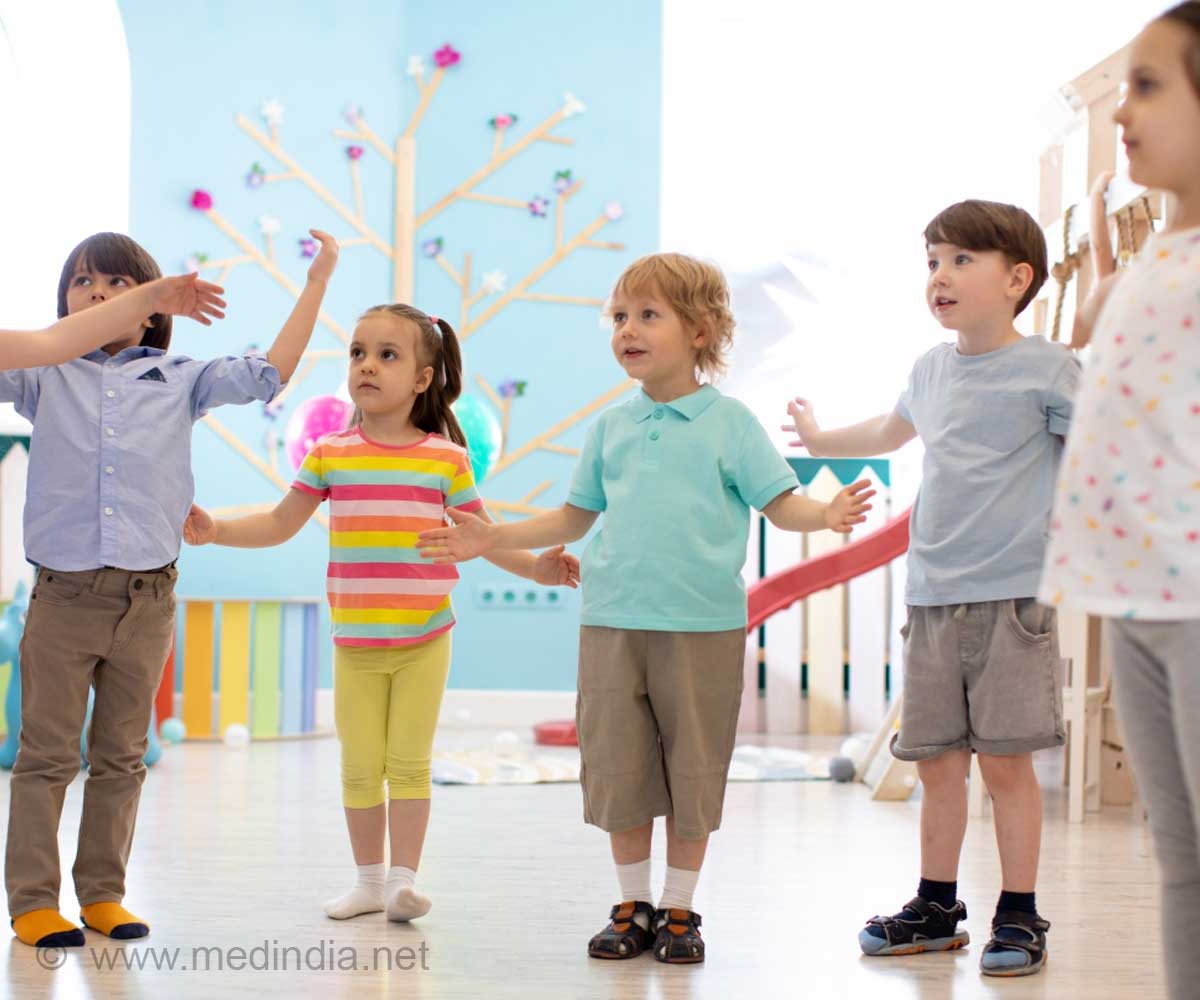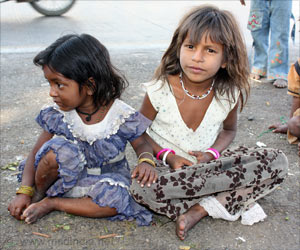Training pre-schoolers and older children to be sensitive to others' thoughts and feelings can improve their relationships with peers and family.

"This may be particularly important for children who are struggling with friendship issues, such as children who are socially isolated," she pointed out.
In addition to finding an overall link between children’s abilities to figure out what others think and feel and their popularity, the study found that this tie was similar for pre-schoolers and for older children. This suggests that understanding others’ mental perspectives is important both for making friends in the early school years and for maintaining friendships as children grow older.
The study also found that the link was weaker for boys than girls, perhaps reflecting gender differences in how children relate to each other. For example, girls’ friendships are often characterized by high levels of intimacy and resolving conflicts, which may mean that their interactions require more sensitivity in understanding others’ thoughts and feelings, the authors noted.
The findings, detailed in the journal Child Development, were based on the analysis of the results of several different studies out of Australia.
Source-IANS









